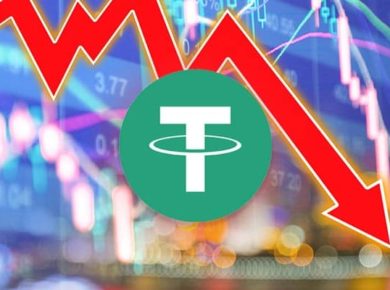Regulators around the world, including the Financial Conduct Authority in the U.K uses sandboxes in order to enable fintech companies to test their innovations with a small number of consumers over a set time period.
The RBI further states that both fintech companies and consumers will be benefited from this arrangement. While the blockchain firms can “test a product’s viability without the need for a larger and more expensive roll-out,” the public could benefit from “reduced costs and improved access to financial services.”
Along with the blockchain platforms, the other “innovative technologies” that are awarded green light to apply for sandbox testing includes mobile-based payment and digital identity software, data analytics, and artificial intelligence or machine learning applications. The eligible sectors for “innovative products and services” encompasses retail payments, money transfer services, digital Know Your Customer checks, smart contracts and cybersecurity products.
Last April, the central bank of India exercised a ban over local banks to bar them from providing any services to people or businesses who deal with cryptocurrencies. Pressured under such situations, one of India’s biggest crypto exchanges, Zebpay, announced that it had ceased all trading due to “extremely difficult” conditions, just five months later.
Read more:Andrew Yang, A US Presidential Candidate Calls For Clear Crypto Regulations
Developers from the cryptocurrency startup – Altcoin Exchange – are now open-sourcing technology which allows for automatic trading between the Ethereum and Bitcoin Blockchains. Altcoin Exchange claims this to be the first “atomic-swap” in terms of market value between the two largest cryptocurrencies.
However, this is still in the experimental stage of its development, but the ability to swap assets between two Blockchains is a first step towards replacing the centralized cryptocurrency exchanges.
Andrew Gazdecki, CEO of Altcoin Exchange said that the current exercise is only for a demonstration purpose of direct trade and the next step of development will involve transferring of Ethereum to Bitcoin by comparing the two with their dollar equivalent valuations or any other fiat currencies.











